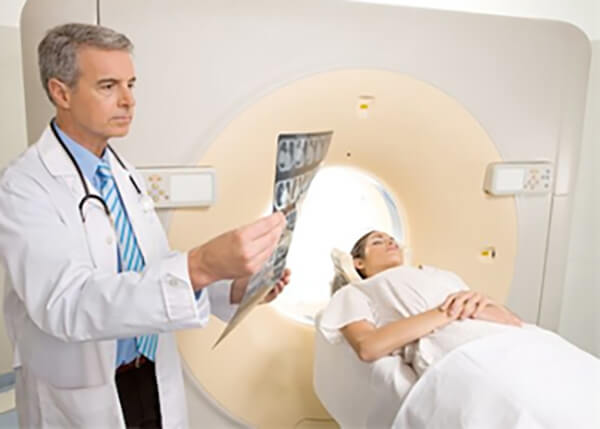Conditions
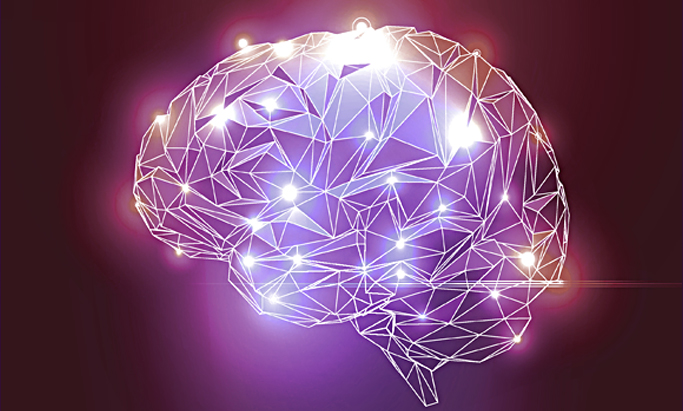
Adult and Pediatric Epilepsy and Seizure Disorders
Epilepsy is a brain disorder that results in repeated seizures. Nerve cells (neurons) normally communicate with each other through electrical impulses. During a seizure, these impulses become overactive, causing strange sensations, emotions, and behavior, or sometimes convulsions, muscle spasms, and loss of consciousness. Having a seizure does not mean that a person has epilepsy. Only when a person has had two or more seizures is he or she considered to have epilepsy.
Learn More
Alzheimer's Disease and Other Dementias
Dementia describes a brain disorder that seriously impairs a person’s ability to carry out normal, daily activities. Alzheimer’s disease (AD) is most common form of dementia among older people. Alzheimer's disease involves the parts of the brain that control thought, memory, and language. Great advances are being made in the diagnosis and treatment of Alzheimer's, but there is presently no cure.
Learn More
Back and Neck Pain
Neck and back pain, especially pain in the lower back, is one of the most common health problems in adults. In fact, according to the National Institute of Neurological Disorders and Stroke (NINDS) in 2014, lower back pain is the leading cause of disability worldwide. Fortunately, most back and neck pain is temporary, resulting from short-term stress on the muscles or ligaments that support the spine rather than from a serious injury or medical condition such as nerve damage or kidney disease.
Learn More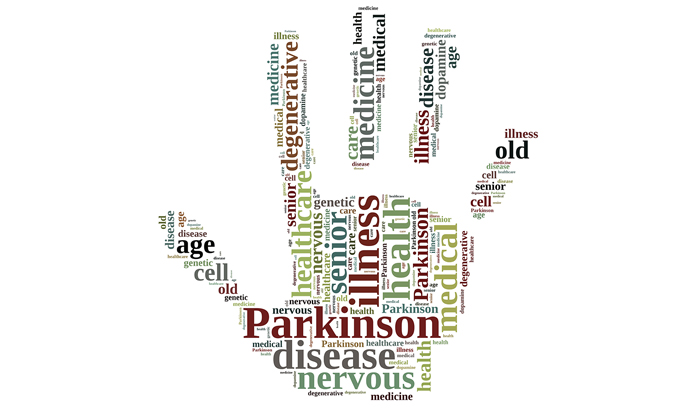
Parkinson's & Gait Disorders
Parkinson's disease is a chronic, progressive neurodegenerative movement disorder. Tremors, rigidity, slow movement (bradykinesia), poor balance, and difficulty walking (called parkinsonian gait) are characteristic primary symptoms of Parkinson's disease.
Learn More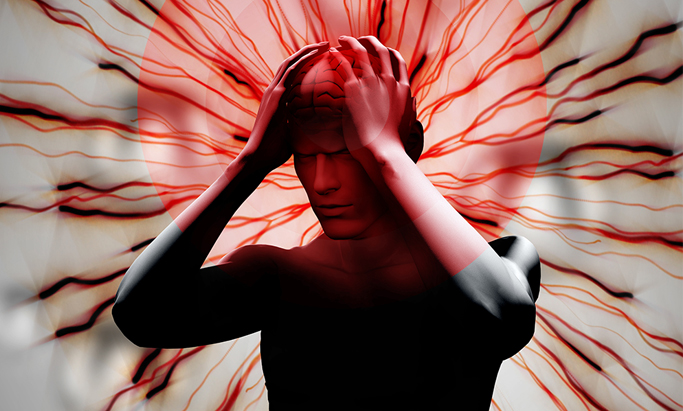
Headaches & Migraines
Headache is a term used to describe aching or pain that occurs in one or more areas of the head, face, mouth or neck. Headaches can be chronic, recurrent or occasional. Headache pain can be mild or severe enough to disrupt daily activities. Headaches involve the network of nerve fibers in the tissues, muscles and blood vessels located in the head and at the base of the skull.
Learn More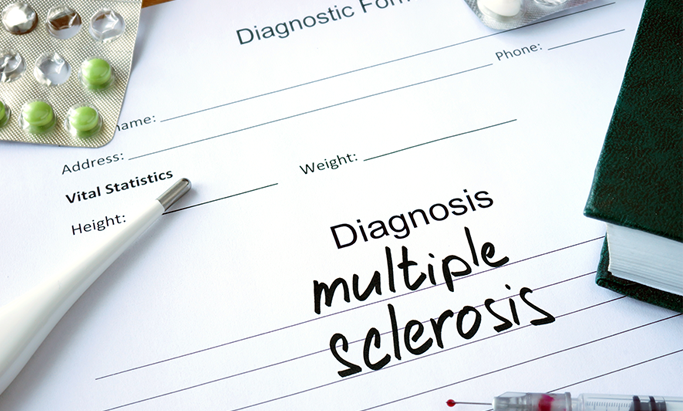
Mutliple Sclerosis
Multiple sclerosis (MS) is an inflammatory, chronic, degenerative disorder that affects nerves in the brain and spinal cord. Myelin, the fatty substance that surrounds and insulates nerves and facilitates the conduction of nerve impulses is the initial target of inflammatory destruction in multiple sclerosis. MS is characterized by intermittent damage to myelin, called demyelination. Demyelination causes scarring and hardening (sclerosis) of nerve tissue in the spinal cord, brain and optic nerves.
Learn More
Sleep Disorders
Sleep is absolutely essential for normal, healthy function. Scientists and medical professionals still have much to learn about this complicated physiological phenomenon. According to the National Institute of Neurological Disorders and Stroke, about 40 million people in the United States suffer from chronic long-term sleep disorders each year and an additional 20 million people experience occasional sleep problems.
Learn More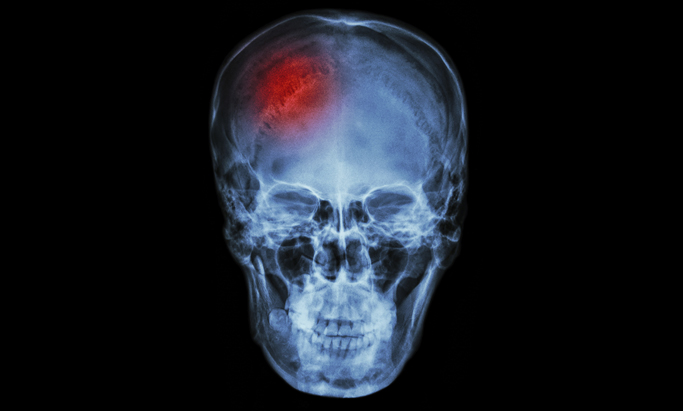
Stroke
Strokes, or brain attacks, are a major cause of death and permanent disability. They occur when blood flow to a region of the brain is obstructed and may result in death of brain tissue. There are two main types of stroke: ischemic and hemorrhagic. Ischemic stroke is caused by blockage in an artery that supplies blood to the brain, resulting in a deficiency in blood flow (ischemia). Hemorrhagic stroke is caused by the bleeding of ruptured blood vessels (hemorrhage) in the brain.
Learn More